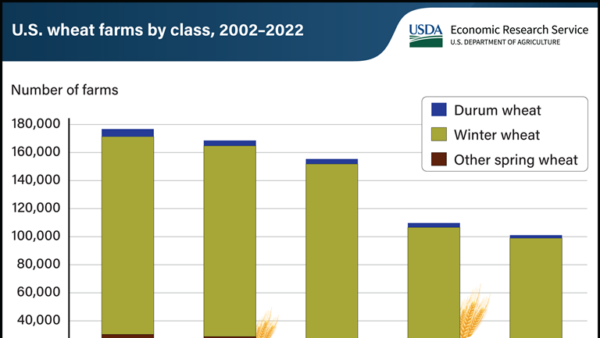In 2023, the results of a study on how Canada’s intellectual property arena has fared since joining UPOV ’91 showed there have indeed been big benefits.
The economic analysis shows the clear benefits that ratifying UPOV 91 has had for Canada — including growth in the number of Plant Breeders’ Rights (PBR) filings currently being seen by the Canadian Food Inspection Agency (CFIA).
The 2015 amendments to the PBR Act brought significant changes to Canada’s agriculture, horticulture and ornamental sectors. A new economic analysis recently released by the CFIA reveals that these changes resulted in positive outcomes for various crops, including increased production, yield, farm cash receipts and export value.
The report Assessing Impacts of the 2015 Legislative Amendments to Canada’s Plant Breeders’ Rights Act and UPOV’91 Ratification shows a notable rise in the number of PBR applications after adopting UPOV 91, contrasting with the previous declining trend under UPOV 78.
“The findings of this report are overwhelmingly positive,” says Anthony Parker, commissioner for the CFIA’s Plant Breeders’ Rights Office. “It’s a testament to what can be achieved when we embrace change and seize opportunities.”
PBR serves as a vital form of intellectual property (IP) protection, with a mission to incentivize and reward innovation in plant breeding. These rights, granted by national governments, encourage investment and foster new plant varieties, ultimately benefiting farmers and consumers alike.













